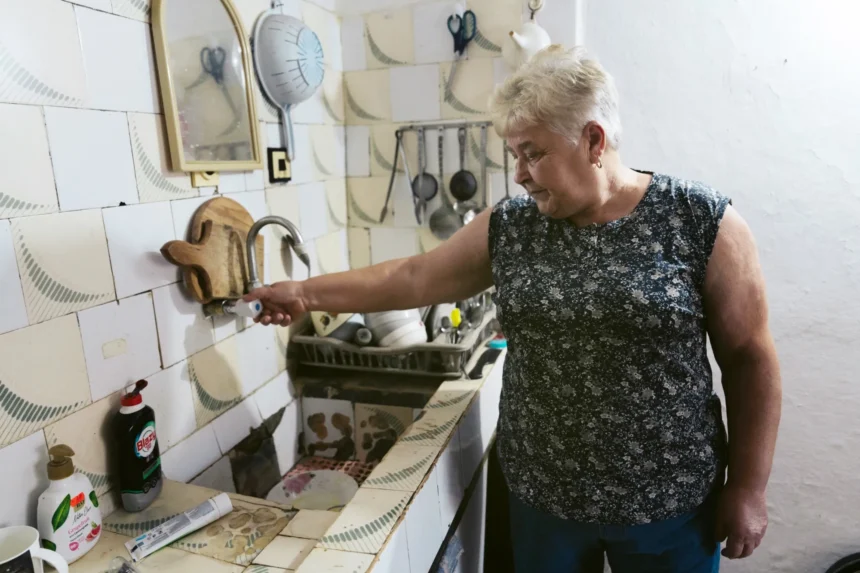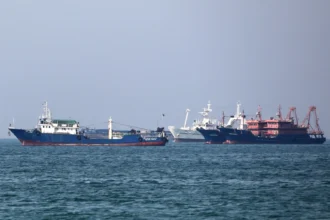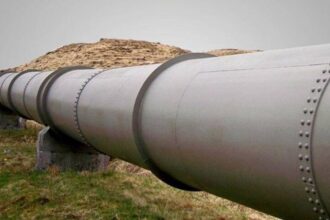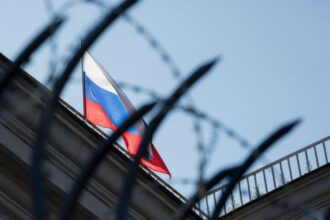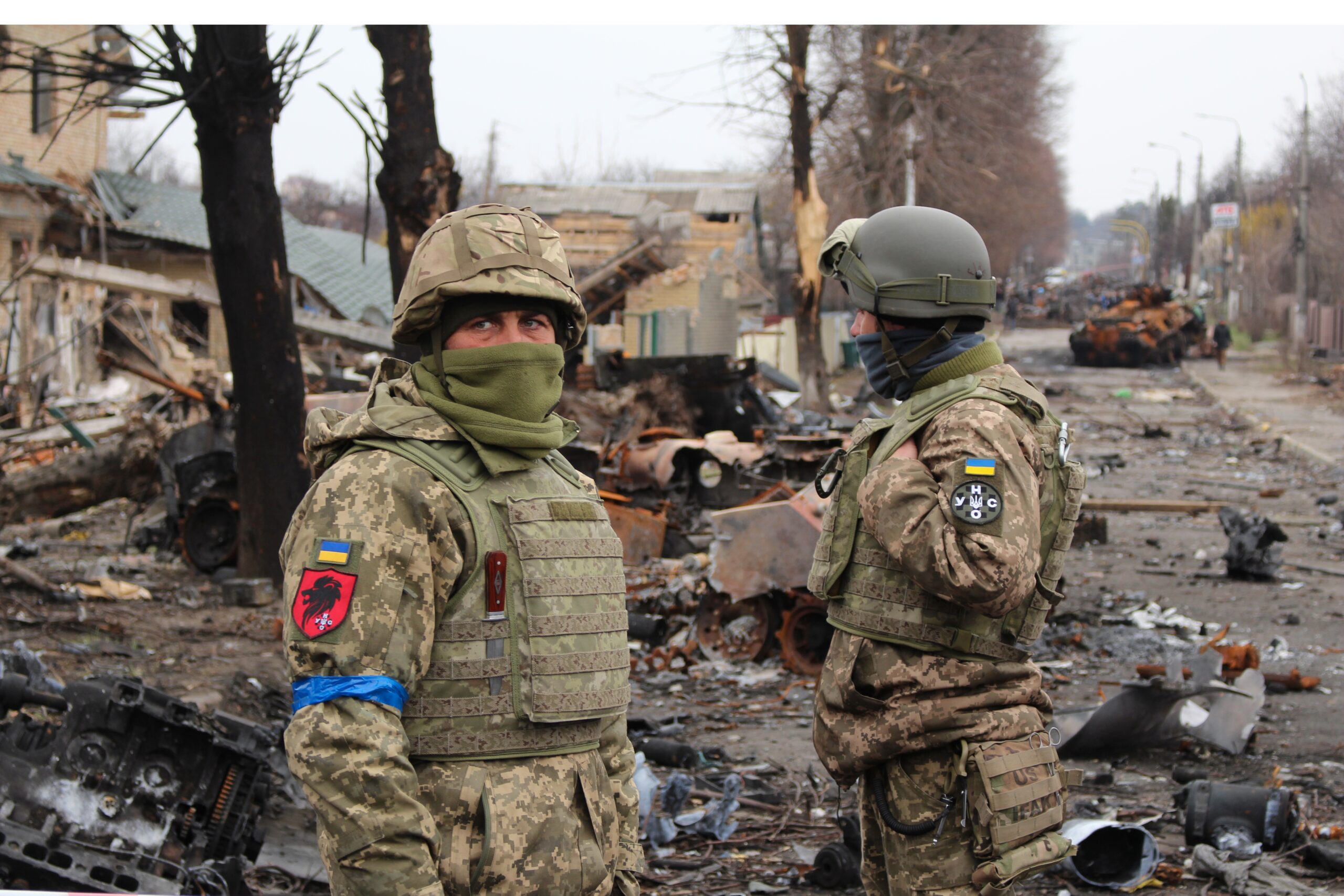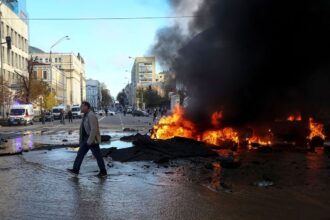Bulgaria is grappling with an unprecedented water shortage, exposing vulnerabilities that could serve as a warning for Europe as a whole. From dwindling reservoirs to parched farmland, the crisis highlights the growing pressures of climate change, aging infrastructure, and mismanaged resources on the continent’s water supply.
A Nation Running Dry
Across Bulgaria, rivers and reservoirs are at historically low levels. Cities such as Plovdiv and Sofia have faced temporary water restrictions, while farmers in the agricultural heartlands struggle to irrigate crops critical to the nation’s food supply. Hydroelectric power plants, which rely on consistent water flow, are producing less electricity, adding strain to the national energy grid.
Meteorologists point to a combination of severe drought conditions, heatwaves, and irregular rainfall patterns. Data from the Bulgarian Ministry of Environment shows that annual precipitation in many regions has dropped 20–30% below historical averages, a trend that experts say may worsen in the coming decades.
Root Causes Beyond Weather
While climate change plays a central role, experts caution that structural issues have amplified the crisis. Bulgaria’s water infrastructure is aging and often poorly maintained, with leaking pipes, inefficient reservoirs, and outdated irrigation systems compounding shortages.
Additionally, agricultural practices are putting pressure on water resources. Over-extraction for irrigation, particularly for water-intensive crops such as maize and tobacco, has reduced aquifer levels and stressed river ecosystems. Urbanization and industrial usage have further heightened demand, creating conflicts among residential, agricultural, and commercial water users.
Economic and Social Consequences
The water crisis has immediate economic implications. Bulgaria’s agricultural sector, which accounts for nearly 5% of the nation’s GDP, is facing reduced yields, threatening farmers’ livelihoods and driving up food prices. Hydropower declines have pushed Bulgaria to rely more heavily on imported electricity and fossil fuels, increasing energy costs for businesses and households.
On the social front, water restrictions have disrupted daily life in cities, while rural communities face long-term uncertainties about access to clean, safe water. Public protests and calls for government intervention have increased, highlighting the political sensitivity of the issue.
A European Wake-Up Call
Bulgaria’s crisis is emblematic of a broader European vulnerability. Southern and Eastern Europe, including countries like Spain, Italy, and Greece, have faced recurring droughts in recent years. Climate scientists warn that rising temperatures, shifting precipitation patterns, and extreme weather events will increasingly stress water resources across the continent.
Europe’s interconnected energy and food systems mean that a water shortage in one region can ripple across borders. Reduced agricultural output in Bulgaria, for example, could affect EU grain markets, while hydropower shortfalls may influence electricity prices in neighboring countries.
Policy and Technological Solutions
Experts argue that Europe must adopt a multi-pronged approach to water management:
- Modernizing Infrastructure – Repairing leaking pipelines, upgrading reservoirs, and improving irrigation efficiency are essential to prevent waste.
- Sustainable Agriculture – Shifting to less water-intensive crops, implementing precision irrigation, and adopting soil conservation techniques can reduce strain on water supplies.
- Integrated Resource Planning – Coordinating water use among urban, industrial, and agricultural sectors ensures equitable distribution.
- Climate Adaptation – Developing early warning systems, drought-resistant crops, and water storage solutions can help communities prepare for extreme events.
Looking Ahead
Bulgaria’s water shortage serves as both a warning and an opportunity. If European governments and communities act now to improve water management, the continent can build resilience against climate-driven shortages. If they fail, crises like Bulgaria’s may become increasingly common, threatening food security, energy stability, and social cohesion across Europe.
The lesson is clear: water scarcity is no longer a distant threat; it is an immediate challenge requiring coordinated policy, investment, and public awareness. Europe’s response in the coming years will determine whether countries can navigate a future of growing climate uncertainty—or face repeated shortages that disrupt lives and economies alike.

